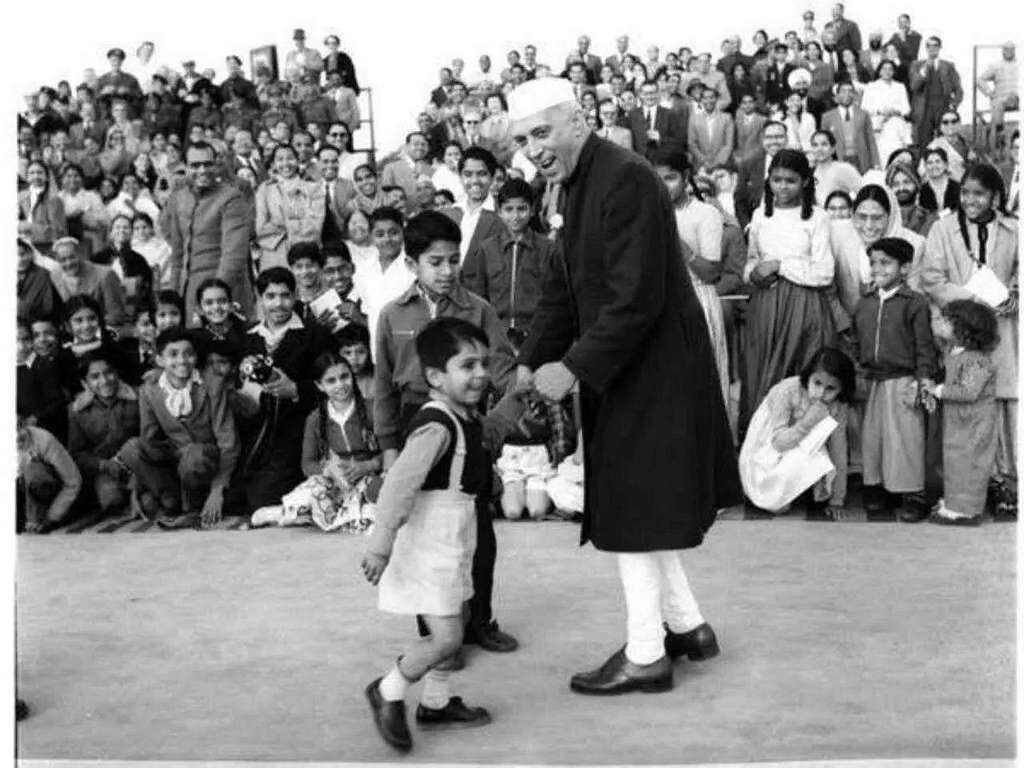

Pandit Jawaharlal Nehru, a name synonymous with India’s dawn of independence and its formative years as a sovereign nation, remains one of the most pivotal and fascinating figures of the 20th century. More than just India’s first Prime Minister, he was a visionary statesman, a profound intellectual, a prolific writer, and a passionate advocate for a world free from colonialism and conflict. His tenure laid the very foundations of modern India – its democratic institutions, its secular fabric, its scientific aspirations, and its independent foreign policy. Understanding Nehru is, in many ways, understanding the journey of India itself.
Formative Years: A Privileged Upbringing and a Budding Nationalist
Born on November 14, 1889, in Allahabad, Jawaharlal Nehru hailed from a prosperous and influential Kashmiri Pandit family. His father, Motilal Nehru, was a renowned lawyer and a prominent leader in the Indian National Congress. This privileged background afforded young Jawaharlal an elite education, first at home with English governesses and tutors, and later in England at Harrow School, Trinity College, Cambridge (where he studied Natural Sciences), and the Inner Temple, London, where he qualified as a barrister.
These years abroad were transformative. While he absorbed Western liberal thought, democratic ideals, and a fascination with Fabian socialism, he also developed a keen awareness of India’s subjugation under British rule. The intellectual currents of Europe, combined with a growing nationalist sentiment back home, began to shape his worldview. Upon his return to India in 1912, he initially dabbled in law but found his true calling in the burgeoning freedom struggle.
The Call of a Nation: Immersion in the Freedom Movement
Nehru’s formal entry into politics was gradual, but his commitment deepened significantly after meeting Mahatma Gandhi in 1916. Gandhi’s philosophy of non-violent resistance (Satyagraha) and his emphasis on mass mobilization resonated with Nehru, although their approaches and ideologies sometimes differed. The Jallianwala Bagh massacre in 1919 was a profound shock, solidifying his resolve to fight for India’s independence.
Throughout the 1920s and 30s, Nehru emerged as a dynamic young leader within the Indian National Congress. He actively participated in the Non-Cooperation Movement, the Civil Disobedience Movement, and later, the Quit India Movement. His passionate speeches, tireless organizing, and unwavering commitment to complete independence earned him immense popularity, especially among the youth. These decades were also marked by long periods of imprisonment by the British authorities – nine times in total, amounting to over nine years. These incarcerations, however, were not fallow periods. Nehru utilized this time for deep reflection, reading, and writing, producing seminal works like “Glimpses of World History,” “An Autobiography,” and “The Discovery of India,” which showcased his profound understanding of history, culture, and his deep love for India.
By the 1930s, Nehru was widely recognized as Mahatma Gandhi’s political heir apparent, a choice that reflected Gandhi’s faith in Nehru’s modern outlook, international perspective, and dedication to a pluralistic India.
“Tryst with Destiny”: India’s First Prime Minister
On the midnight of August 14-15, 1947, as India awoke to freedom, Jawaharlal Nehru delivered his iconic “Tryst with Destiny” speech, a moving articulation of a nation’s aspirations. “Long years ago we